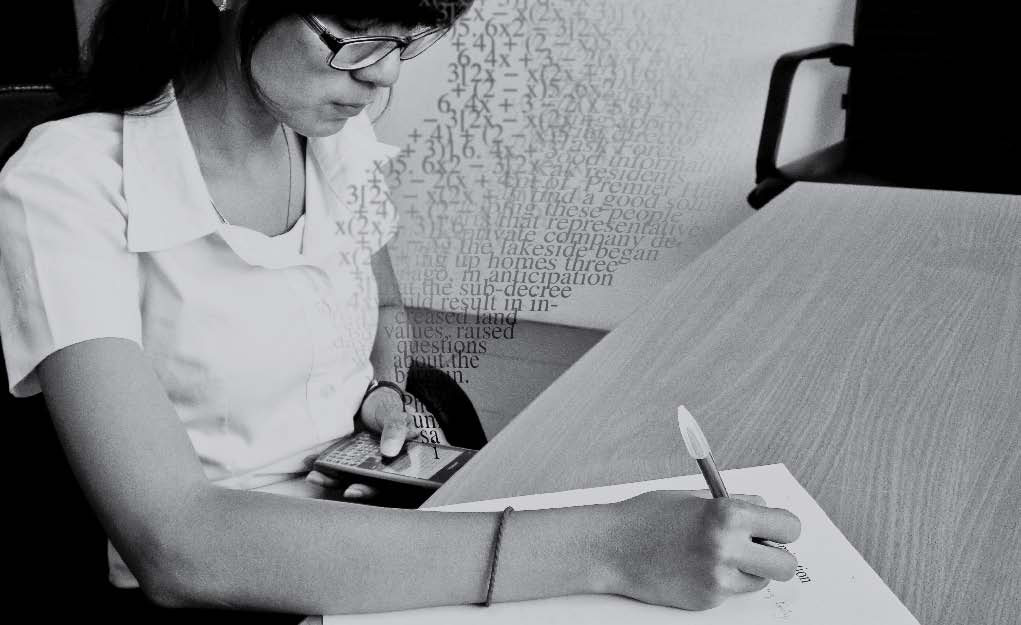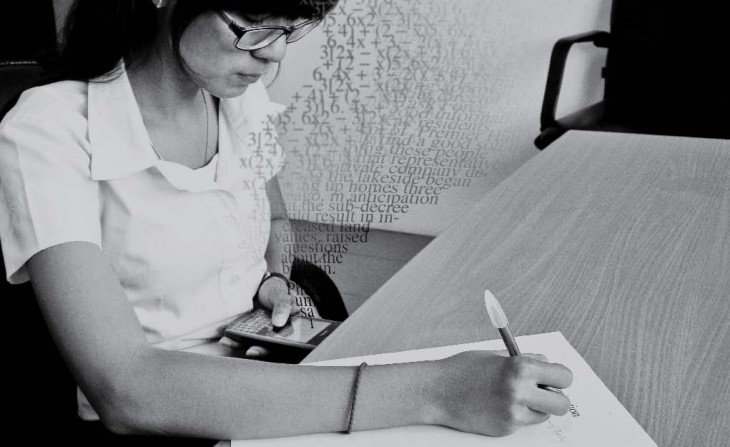 ACCORDING to a 2008 census, Cambodia has a population of 13,395,682, with a growth rate of 1.54 per cent a year.
ACCORDING to a 2008 census, Cambodia has a population of 13,395,682, with a growth rate of 1.54 per cent a year.
BuddeCom, a telecommunications research website, has estimated that this year, Cambodia has 8.4 million mobile subscribers.
With the rise in modern technology, and especially the introduction of the “smart” phone, mobile phones can be used for many purposes. People use their phones to take pictures, capture video, record sound, play music, listen to the radio, watch television and, perhaps most pervasively, surf the internet.
Cambodia now has nine mobile operators, up from a mere three in 2006. These companies are competing constantly to provide the best calling rates and lowest mobile internet charges.
Those charges can be based either on data transferred or based on a package deal. The former usually cost about one cent per 100kb; the latter are usually around $3 a month.
These rates are not too expensive, especially compared with rates in neighbouring countries such as Malaysia.
Thanks to these reasonable rates, mobile-phone manufacturers have recently churned out a number of internet-capable phones at affordable prices around $30.
Some phone manufacturers co-operate with mobile operators by allowing users to surf the web free of charge within a given period of time.
All this means that today, there are more Cambodians, especially young people, using mobile phones than ever before.
In the past, people needed to take their laptops and USB internet modems with them whenever they wanted to access the internet. Now, simply having a mobile phone is good enough, even for editing and emailing documents. This is a good sign: it allows people to be more productive, even when they are on holiday or outside their office. Social networking sites have also grown in prominence now that your average phone can access the internet.
This has helped transform traditional methods of communication, with Facebook messages and/or text messages replacing letters and even email.
Nevertheless, technology works well only when used as intended. If not, it can lead to problems that are difficult to control.
In local newspapers across the country, stories are telling how students used their mobile phones to cheat during the recent national high-school exams.In a story titled “Ministry admits some exam proctors were bribed”, published in the Cambodia Daily newspaper on July 27, May Sopheaktra, a member of the Cambodian Independent Teachers’ Association, was quoted as saying: “Mobile [phones] are popular in exam centres this year. They’re used to make calls and get answers through the internet.
Students call friends to pass on the exam question, then call back during an exam break to get the answer.”
On the one hand, this is nothing new. An article published by AFP on August 18, 2010 detailed how Cambodian students used their mobile phones to call for answers during an exam.
What’s new this year is that students are using their internet connections to acquire answers. This is only a suggestion, but I think stricter rules should be placed on mobile-phone use during next year’s national school examinations. Students should not be able to bring their mobile phones into the testing centres.
As chatting via mobile internet becomes more popular among young Cambodians, we need to make sure we are using the technology responsibly, or it may have drastic effects on our academic, professional and personal lives.
In some cases, reports have surfaced of students simply stepping out of the classroom to talk on their mobile phones if the subject being taught doesn’t interest them.
For people who lack time-management skills, using a mobile phone can prevent them completing any of the tasks they set themselves.
In conclusion, people should be using mobile-phone technology in a way that brings them success in life, rather than simply for pleasure.
19/08/2011 By: Dara Saoyuth This article was published on LIFT, Issue 84 published on August 17, 2011
